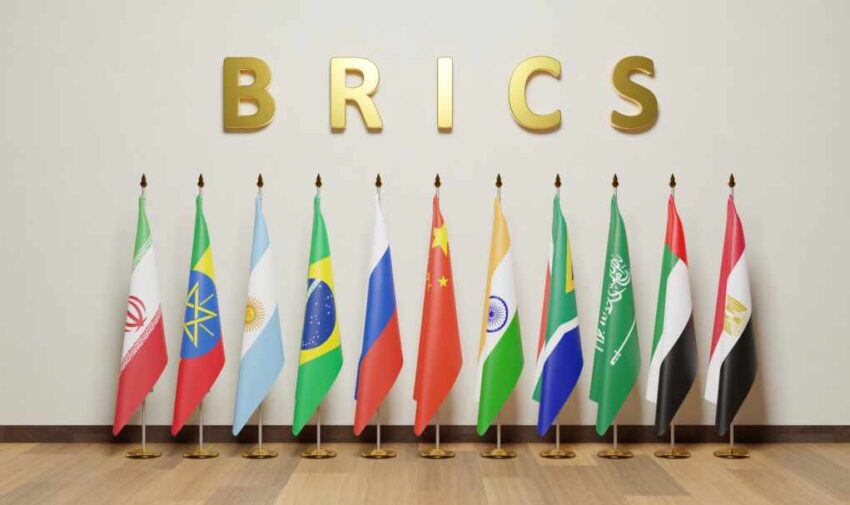The BRICS alliance defied President Trump’s claim that it’s “anti-American” following his new 10% tariff threat targeting the bloc’s members.
At a Glance
- Trump threatened new 10% tariffs on BRICS-aligned nations.
- BRICS leaders denied any anti-American stance at Brazil summit.
- China, South Africa, and Brazil emphasized “non-alignment.”
- Over 30 countries have expressed interest in joining BRICS.
- The bloc condemned a bombing in Iran and rising trade tensions.
BRICS Leaders Rebuke Tariff Threat
Leaders at this week’s BRICS summit in Brazil responded swiftly and uniformly to U.S. President Donald Trump’s announcement of a possible 10% tariff hike on countries he claims are “aligning against the United States.” Rejecting the accusation, Chinese Foreign Ministry spokesperson Mao Ning stated the bloc promotes “win-win cooperation” and does not oppose any particular country, including the U.S.
Reuters reported that South Africa and Russia also voiced strong objections to Trump’s characterization, emphasizing BRICS’s multilateral economic mission. Brazil echoed these sentiments, with one senior diplomat clarifying that the group is not ideological but seeks fair global trade rules amid rising protectionism.
Watch a report: China Gives Fiery Response To Trump Over Tariff Threat To BRICS Nations
New members including Indonesia and Malaysia supported the stance, insisting BRICS is not a geopolitical bloc but a development-driven coalition. Trump’s comments, however, have inflamed trade tensions ahead of his administration’s July 9 deadline to finalize the next round of retaliatory tariffs.
Summit Shifts Amid Middle East Shock
The summit also took a somber turn as BRICS issued a joint statement condemning a recent bombing in Iran, which killed several civilians and military personnel. The group warned against escalating violence and economic coercion, tying these developments to broader geopolitical instability triggered by aggressive tariff maneuvers.
Trump’s threat coincides with a critical moment for BRICS, which is rapidly expanding. In addition to its founding members—Brazil, Russia, India, China, and South Africa—the bloc now includes nations such as Egypt, Ethiopia, the UAE, and Saudi Arabia in partnership roles. Over 30 other countries have formally expressed interest in joining, raising alarms in Washington over BRICS’s growing global reach.
The American tariff plan has also faced pushback from U.S. allies. Economists warn that the strategy may fuel inflation, isolate American exporters, and deepen global divisions. Meanwhile, BRICS leaders appear resolute, reframing the group’s expansion as a counterweight to Western dominance—not an act of hostility, but one of self-determination.
With the world’s economic and political equilibrium shifting, the clash between U.S. protectionism and BRICS multilateralism now defines a volatile new chapter in global power realignment.
Click this link for the original source of this article.
Author: Editor
This content is courtesy of, and owned and copyrighted by, https://thecongressionalinsider.com and its author. This content is made available by use of the public RSS feed offered by the host site and is used for educational purposes only. If you are the author or represent the host site and would like this content removed now and in the future, please contact USSANews.com using the email address in the Contact page found in the website menu.








